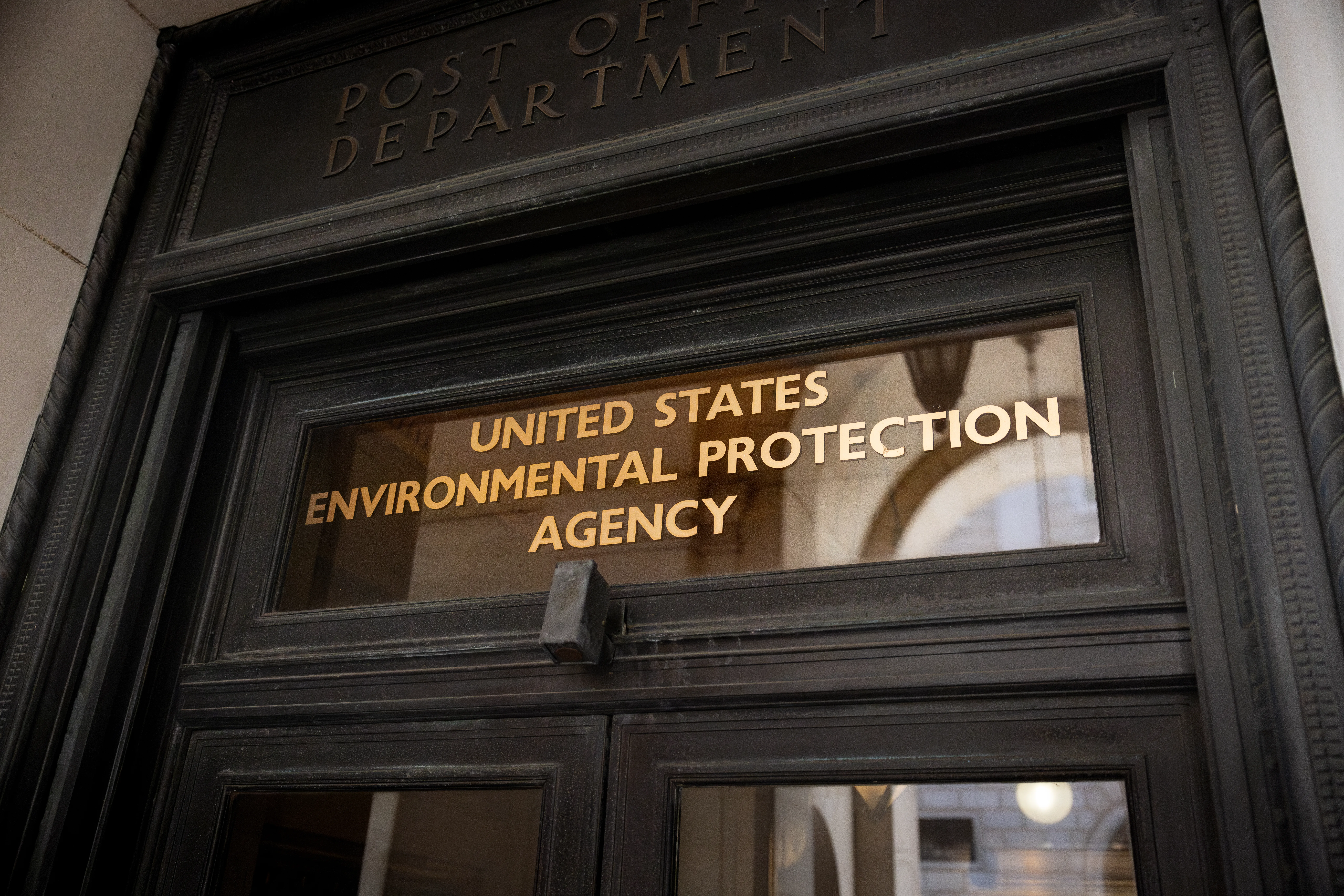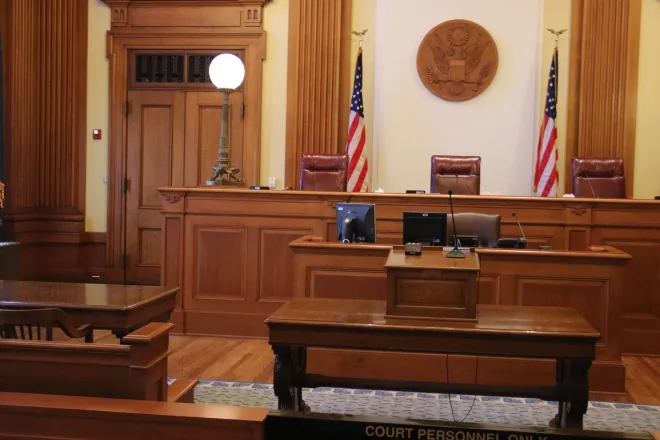
Proposals that could mean $4 billion in new taxes, fees draw concern from business groups
(The Center Square) – Several potential ballot measures and legislative proposals being considered in Colorado could result in a $4 billion total increase in taxes and fees, according to an analysis by the Common Sense Institute.
The conservative-leaning think tank questioned whether the proposals would help an economy that’s been hurt by the COVID-19 pandemic. Colorado has seen more than 430,000 new unemployment claims filed over 11 weeks since the beginning of the pandemic, which also caused a $3.3 billion hit to the state’s budget.
“Under normal economic conditions, reasonable minds can differ about the appropriate size and scope of government and the commensurate level of taxation needed to support it,” Common Sense Institute said. “But after an unprecedented economic shock, there are serious and immediate consequences to permanently raising taxes, fees or other government-mandated costs.”
The think tank says the proposals could collectively cost $4.2 billion, a number drawn from legislative fiscal reports.
Business and industry groups discussed some of the proposals and others during a webinar Wednesday, attended by several chambers of commerce, the Colorado Association of Homebuilders, Colorado Association of Realtors, Colorado Bankers Association, Colorado Concern, Colorado Farm Bureau, the Colorado Oil and Gas Association, National Federation of Independent Business-Colorado, and others.
“In a different economy, I might just say we’re disappointed in some of these bills,” Denver Metro Chamber of Commerce President and CEO Kelly Brough said. “But today, we’re extremely concerned these bills are reducing the confidence for people to invest in our current economy.”
Among the proposals are the Tax Fairness Act (House Bill 20-1420), which Democrats argue will eliminate loopholes in the state’s tax system that benefit corporations and wealthy individuals, and funnel more funds toward education.
The legislation would roll back income tax deductions for some businesses that were expanded under the federal CARES Act and limits corporations’ net operating loss deductions. It also would eliminate the “pass through” loophole from the 2017 federal tax cuts for higher income earners.
NFIB-Colorado called the proposal "a tax increase on small business – plain and simple."
Another proposal, Senate Bill 20-215, would create an enterprise “to assess a health insurance affordability fee (insurer fee) on certain health insurers and a special assessment (hospital assessment) on hospitals ,” according to the bill’s description.
Coloradans could also be asked at the ballot box to repeal the Gallagher Amendment, while another proposed ballot initiative would ask voters to approve a progressive income tax structure that would raise $2 billion in revenue annually.
Another ballot proposal would create a paid family leave program that would take in an estimated $1.3 billion a year.
“This is not about recovering the deficit, it’s about raising taxes permanently,” said Don Childears, CEO of the Colorado Bankers Association.
Gov. Jared Polis said Thursday that he doesn’t currently “see a route for how the tax bill can become law,” adding, “there would obviously need to be a negotiation with us; there hasn’t been in the last few days.”
HB20-1420 passed the House on Thursday.
“We’re happy to find a way to make it a pro-business package that would be good for jobs and good for business, and we look forward to seeing if there’s a path to get there,” he added. “But this point, I’m not terribly optimistic.”

















